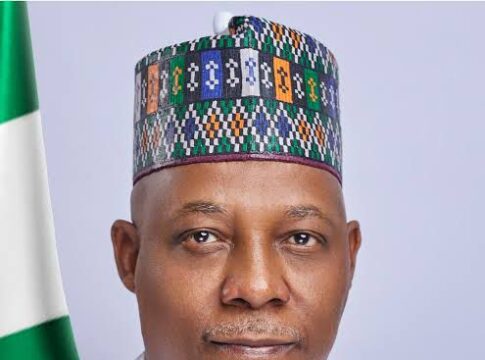Vice President Kashim Shettima has called on Nigerian banks to end exploitative charges by Point-of-Sale (PoS) operators. Speaking at the 2024 Bankers’ Committee Retreat in Abuja on Friday, he said these practices hinder financial inclusion and place undue strain on citizens.
Shettima, represented by his Special Adviser on Economic Affairs, Tope Fasua, highlighted widespread complaints from Nigerians about exorbitant fees. “People are unable to access minimal cash when most needed due to arbitrary charges by rogue agents,” he said.
He urged banks and the Central Bank of Nigeria (CBN) to address the issue swiftly. “We appeal to the committee to urgently tackle these challenges impeding financial and economic inclusion,” Shettima added.
Cash Access and MSME Support
Shettima called for seamless cash availability, emphasizing its importance for financial stability. He also stressed the need for stronger support for Micro, Small, and Medium Enterprises (MSMEs), which are vital to Nigeria’s economy.
READ MORE: Northern Governors Oppose Tax Reforms, Cite Unfair Benefit to Lagos and Rivers – Zulum
“Banks must deepen their involvement in MSME financing while promoting a consumer credit culture,” Shettima said, citing the sector’s potential to spur growth and reduce oil dependency.
Expanding Nigerian Banking Influence
The Vice President commended Nigerian banks for their regional dominance and recent global strides, such as opening branches in France. He referenced Harvard economist Ricardo Haussman’s theory of leveraging comparative advantages, saying, “Banking is one sector we have excelled in, and it’s a valid strategy for consolidation.”
Shettima also emphasized the need for robust risk management and adaptation to the evolving landscape shaped by fintech and neobanks.
CBN’s Commitment to Oversight
The CBN recently introduced hotlines and emails for Nigerians to report cash access issues. It has mandated banks to ensure efficient disbursement via ATMs and over-the-counter services, vowing penalties for non-compliance.
Governor Olayemi Cardoso, in his opening remarks, acknowledged the challenges facing Nigeria’s economy, including inflation and unemployment, but said collaborative efforts could bring lasting improvements. “The road ahead is long, but with focus and innovation, we can reshape our future,” he noted.




